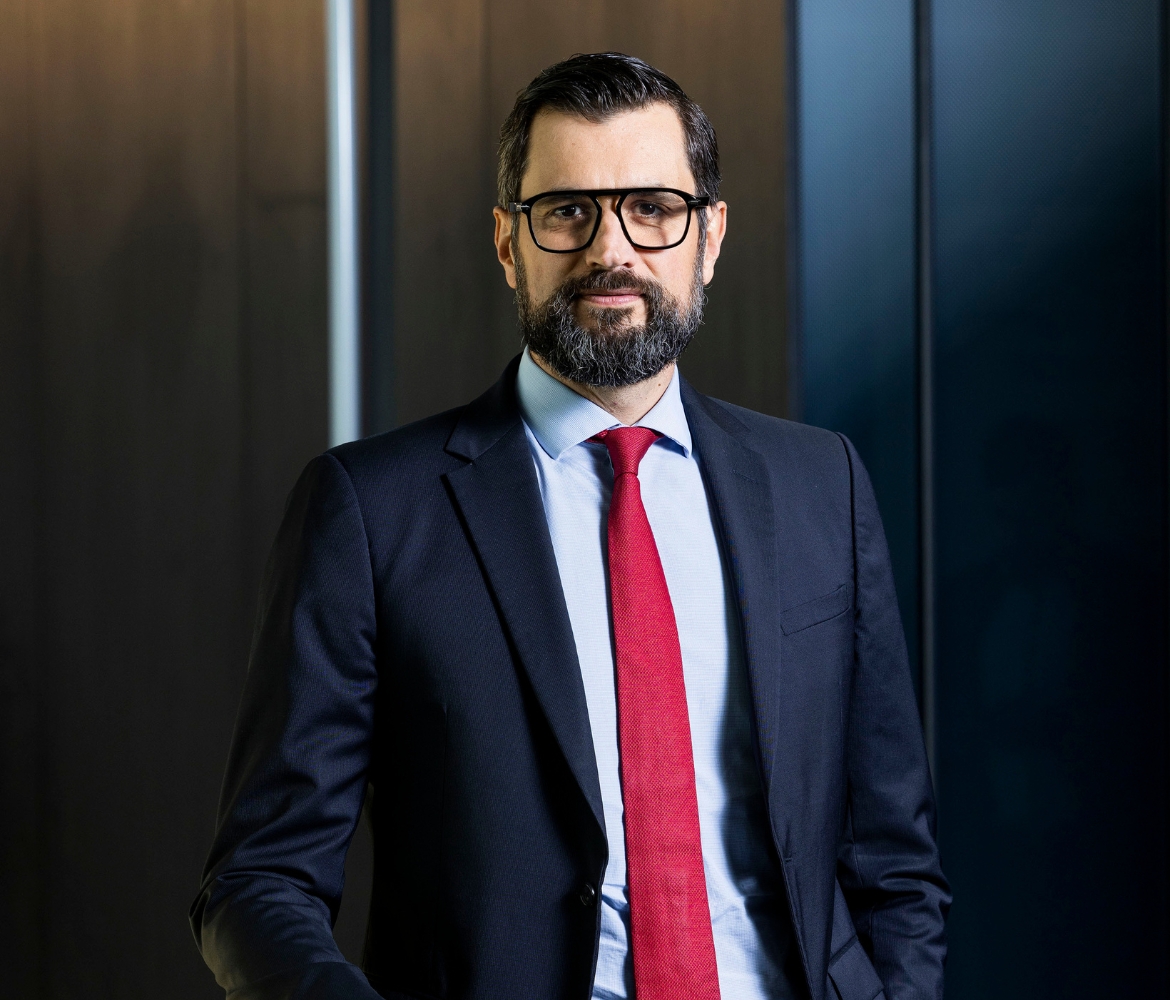Interview with Pierre Bonhomme


Executive Director of ALTEN
As a partner to leading names in aerospace, defense, security and naval, ALTEN is in a privileged position: both as a player in major projects in engineering, manufacturing customer services, digital transformation, and IT, and as an observer of market dynamics. Pierre Bonhomme, Executive Director of ALTEN, sheds light on the aerospace sector, which accounts for more than 20% of the Group’s revenue and offers significant growth prospects.
After experiencing the greatest crisis in its history, the aerospace sector is now facing complex challenges. What are they?
The Covid-19 pandemic brought global air traffic to a sudden halt. Now, the easing of global sanitary measures has accelerated the return of demand. The biggest difficulty the aerospace sector is facing today is delivery, with the huge incongruity of a very buoyant market and the inability to serve it. ALTEN was ready because we took the decision during this very difficult period to invest and capitalize, maintaining our competencies. Compared to 2020 and 2021, when the sector was undergoing a demand crisis, today we see a move to a supply crisis. The challenges over the coming months and years will be to continue to ramp-up of the aerospace industry, which is benefiting from a very favorable macroeconomic situation, while improving operational efficiency, deploying new digital capabilities, ensuring safety and decarbonizing – because environment and sustainability are cornerstones of our business. All in all, we have good reason to be optimistic.
Are we back to pre-Covid levels in demand?
It all depends on how you position yourself. In terms of the number of passengers, we are seeing a return to pre-Covid levels. According to IATA data, at the end of 2022 demand in Europe approached 2019 levels; global demand was at two-thirds of the pre-crisis level. For 2023, the trends show a continued increase in the number of passengers carried, driven by Asia and the Pacific with the easing of sanitary measures, particularly in China. The number of flights today is more than 80% of those in 2019, taking in account that the growth leading up to 2019 was impressive.
On the other hand, the aircraft manufacturing sector has still not turned the corner. The supply chain, affected by the interruption of assembly and supply lines, has not returned to its 2019 level of performance, even though the demand is there. The result is a huge demand on the EOMs side. To give you an idea, an aircraft is made up of thousands of different parts; if one is missing, the aircraft cannot take off. Restoring the supply chain is therefore a major challenge if we are to return to rates like those in 2019. According to forecasts from the French Groupement des Industries Françaises Aéronautiques et Spatiales (GIFAS), the situation in France should return to normal by the end of 2024 or early 2025.
The upturn in activity is creating a strong push for recruitment, yet the industry is struggling to cope with a talent shortage. How do you explain this?
Generally, the market has a shortage of engineers. Aeronautics jobs have changed in recent years, with a demand for new skills in things like data science, artificial intelligence and cybersecurity. Consequently, the need for skilled labor has increased. Engineering jobs have never been so important. This has created strong ambitions in the sector to attract the best talent. As our customers’ partner, ALTEN has a major role to play. Our mission is to support their innovation efforts around the world. Today, nearly 9 000 ALTEN engineers work for the aerospace, defense and security industries in more than 22 countries around the world. In aeronautics alone, the number is 6,000. Our added value lies in our ability to deploy customized support, particularly through nearshore and offshore activities and work-package offerings. This responds to a threefold objective: to meet our customers’ demand for ALTEN’s geographic presence in the countries where they themselves are located; to generate competitive gains; and to build a resource of engineers working remotely in our Delivery Centers. We are truly the home of the engineer.
How can the sector pursue its decarbonization commitments when the industry is facing other immediate challenges?
The current supply chain situation should not make us forget the decarbonization challenges that the sector faces. Environmental pressure has never been greater. Despite a difficult recovery, the aerospace sector must continue to innovate, ensure total safety, and invest in research and development to meet its commitments: hydrogen-powered aircraft, electrification, new sustainable aviation fuels. Net-zero emissions by 2050 must continue to be a priority for the entire industry. In 2018, commercial aviation accounted for 2.6% of global greenhouse gas emissions. Fuel combustion alone corresponds to about 1 billion tons of CO2 over the course of a year, an order of magnitude equivalent to the annual consumption of Japan, which is far from negligible. Given the strong growth recovery expected by the sector, it is urgent to act so that the industry does not weigh more heavily in terms of global warming. I am convinced that the solution lies in our capacity for innovation. More than 25% of our activities in 2022 are on sustainable innovation topics, such as the use of hydrogen as a fuel to decarbonize civil aviation by 2025, green IT to be a responsible digital leader and eco-design to reduce the environmental impact of our client’s products. The examples abound. We study the architecture of aircraft fuselage to allow for the integration of liquid hydrogen tanks, taking into account the constraints of cryogenic temperatures, leakage, etc. We invest in the reduction of energy consumption in the factory 4.0 with the eco-design of smart sensors to produce predictive maintenance value propositions.
ALTEN is mobilized to enable our customers to meet their challenges.


